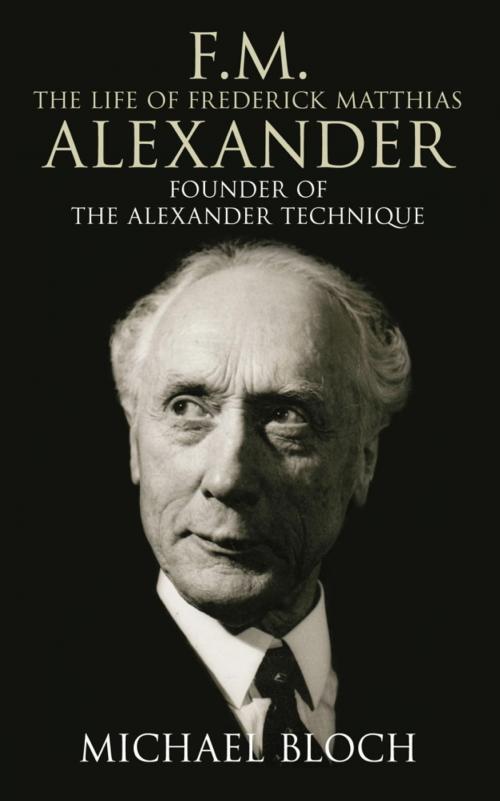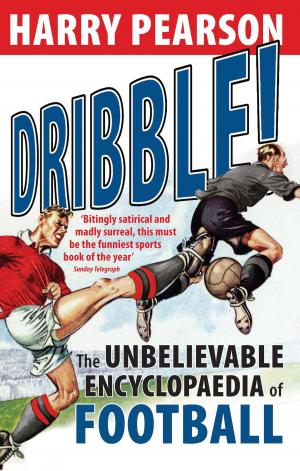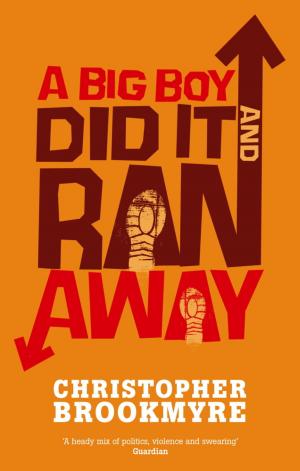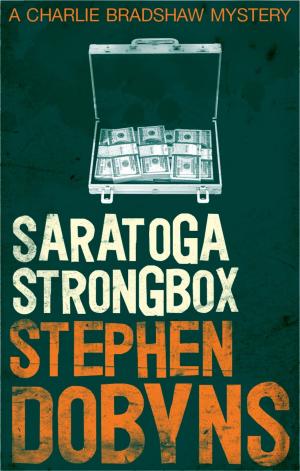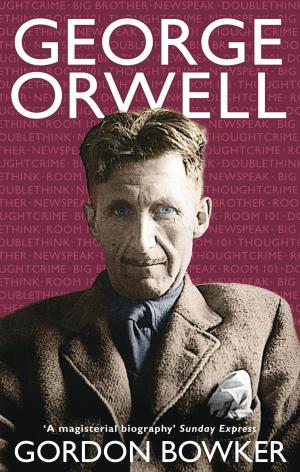| Author: | Michael Bloch | ISBN: | 9781405513616 |
| Publisher: | Little, Brown Book Group | Publication: | December 15, 2011 |
| Imprint: | Abacus | Language: | English |
| Author: | Michael Bloch |
| ISBN: | 9781405513616 |
| Publisher: | Little, Brown Book Group |
| Publication: | December 15, 2011 |
| Imprint: | Abacus |
| Language: | English |
The Alexander Technique is a method of muscular re-education, which has become standard training for actors, dancers and singers, and is practised for health reasons all over the world. Its founder, Frederick Matthias Alexander (1869-1955), was an Australian actor who stumbled upon it in the 1890s after studying himself in mirrors to discover why he had lost his voice. He realised that most people suffered from the same postural defects he had noticed in himself, and that this explained much of what went wrong with them. F.M. (as he was known) came to London in 1904 and became enormously successful. During the First World War he practised in America with equal success, converting the American philosopher John Dewey to his cause. He wrote four books (all still in print), and his supporters included Aldous Huxley, George Bernard Shaw and Stafford Cripps. He was, however, a difficult and argumentative man who made enemies. Towards the end of his life he embarked on a libel action against the South African government, which had accused him of charlatanism. He won, and went on practising and propagating his technique until his death aged 86.
The Alexander Technique is a method of muscular re-education, which has become standard training for actors, dancers and singers, and is practised for health reasons all over the world. Its founder, Frederick Matthias Alexander (1869-1955), was an Australian actor who stumbled upon it in the 1890s after studying himself in mirrors to discover why he had lost his voice. He realised that most people suffered from the same postural defects he had noticed in himself, and that this explained much of what went wrong with them. F.M. (as he was known) came to London in 1904 and became enormously successful. During the First World War he practised in America with equal success, converting the American philosopher John Dewey to his cause. He wrote four books (all still in print), and his supporters included Aldous Huxley, George Bernard Shaw and Stafford Cripps. He was, however, a difficult and argumentative man who made enemies. Towards the end of his life he embarked on a libel action against the South African government, which had accused him of charlatanism. He won, and went on practising and propagating his technique until his death aged 86.
